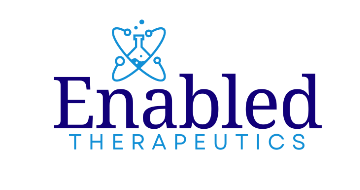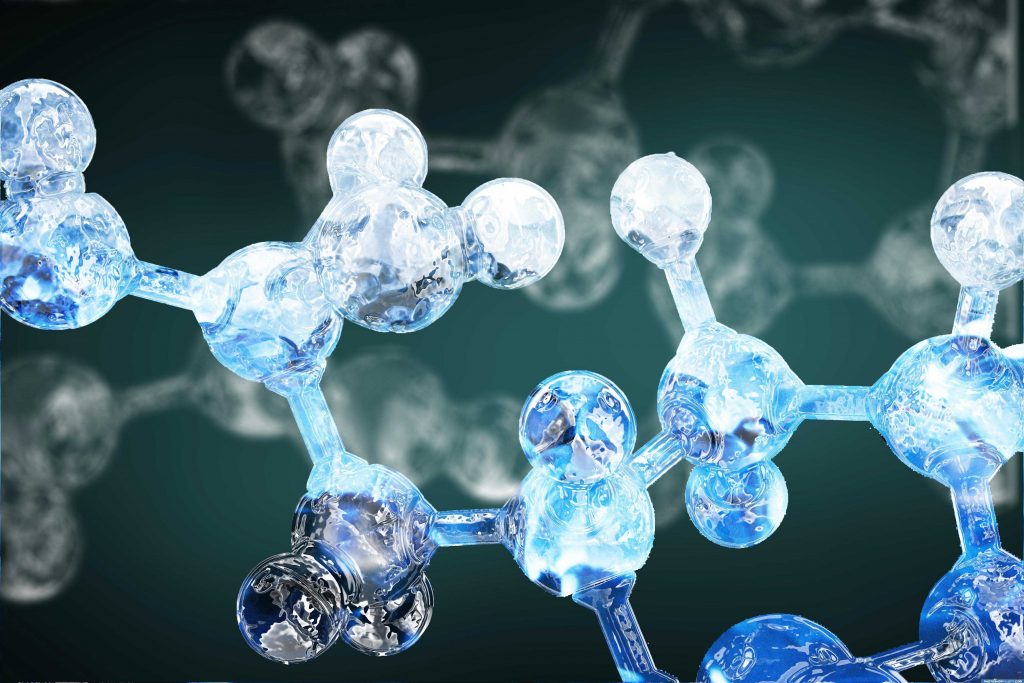Mercaptor Discoveries (Mercaptor) today advanced their therapeutic candidate to treat brain-inflammation found in patients with long COVID, also known as post-acute sequelae of COVID-19. Long COVID is characterized by persistent or new symptoms that develop at least four to eight weeks after the initial infection with COVID-19.¹ The company also revealed efficacy and safety data for their lead clinical candidate, MD-004, slated to enter the clinic as an antiepileptic drug (AED) early next year. Mercaptor’s molecules, called Captons®, are the first “pre-therapeutic” agents of their class.
Occurring after an acute infection has resolved, the neurological effects of long COVID have been ascribed to insufficiently controlled immune responses and residual virus persisting in the brain. Mercaptor’s anti-neuroinflammatory candidate was selected based on a previously-characterized P2RX7 antagonist. P2RX7, an upstream component of the inflammatory response, is activated by, among other insults, viral infection. Controlling neuroinflammation offers a way to address conditions grouped together under the term “brain-fog,” increasingly associated with long COVID.
Mercaptor has completed additional efficacy and safety studies for MD-004, their antiepileptic drug candidate designed to halt a seizure before it starts. Two independent models run by the NIH Epilepsy Therapy Screening Program (ETSP) showed protection from seizure after oral administration of MD-004. No toxicity was observed at any dose. MD-004 is slated to enter the clinic as an AED early next year. MD-004 was selected based on reproducible pharmacokinetic, pharmacodynamic, efficacy and safety studies in multiple preclinical models, relying on experienced CROs for execution.
Mercaptor leverages the chemical environment found in areas of brain disease and damage to complete the synthesis of a drug. In vivo synthesization occuring in the brain at the site of injury gives full therapeutic potency to each drug without sacrificing safety.
“By enabling dynamic drug control through pathology-sensitive determination of dose, duration, and location of treatment, Captons redefine the term “drug” completely,” said Sara Isbell, CEO & Co-founder of Mercaptor Discoveries. “Talks with the FDA will begin later this year.”
“Our research has shown that many afflictions of the CNS, from Alzheimer’s disease to TBI, create the specific conditions necessary to oxidize suitably configured thiols,” said Todd Zankel, CSO & Co-founder of Mercaptor Discoveries. “This chemistry, the basis of Capton technology, is likely conserved throughout the phylogenetic tree, from root to branch. We expect translation.”
About Mercaptor Discoveries
Mercaptor Discoveries is a pharmaceutical company developing chemistry that gives CNS drugs potency without the commonly found toxicity. Excess toxicity without sufficient potency is the key obstacle restricting pharmacological treatment of brain damage and disease. Mercaptor’s approach flows from its discovery of chemistry existing within areas of the brain suffering neuropathology. Applying their discovery to neurology has illuminated a path forward for neurotherapeutics, delivering drugs capable of mounting a dynamic response to brain damage and dysfunction. These drugs, called Captons®, have reproducible proof-of-concept, efficacy, and toxicity data. Captons show the ability to mitigate the progression of traumatic brain injury (TBI) and neurodegenerative diseases such as epilepsy, Alzheimer’s disease, ALS, Parkinson’s disease, MS, and stroke. Originally brought together at Raptor Pharmaceutical, a company they previously formed and sold for $860M to Horizon Therapeutics in 2016, Mercaptor’s core team of scientists has worked together to develop injury-synthesized drugs for more than a decade.
1 Maley, Harvard Gazette, April 13, 2021
For inquiries, please contact Sara Isbell, sisbell@mercaptor.com
Media contact: Carole Barrow, cbarrow@mercaptor.com
SOURCE Mercaptor Discoveries

